More than a third of 50 countries expected to hold elections this year are in Africa.
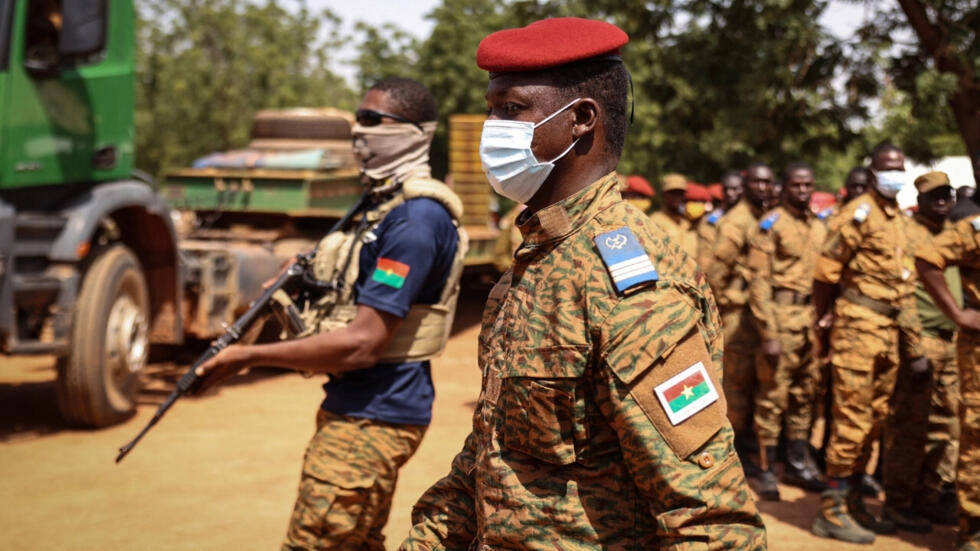
This year will be a record-breaking one for elections.
Globally, more than 2 billion voters in 50 countries will head to the polls, according to The Center for American Progress, a US policy institute.
The United States, India, and Mexico are among the countries holding national elections in 2024.
More than a third of those countries – with over 300 million people – are in Africa.
The most anticipated elections in Africa will take place in the continent’s most industrialized economy and a major West African nation.
Those votes — in South Africa and Senegal — are among 19 polls scheduled in Africa this year, also over a third of the continent.
The list also includes coup-hit Mali, Chad, and Burkina Faso – if the junta leaders in those countries stay true to their word.
We provide a quick rundown of the countries below and what’s at stake in some.
1. Senegal
Senegal, a nation on the westernmost tip of Africa, boasts a population of 18 million people. The upcoming presidential election, scheduled for February 25, is generating significant attention both domestically and internationally.
President Macky Sall, who secured his initial election victory in 2012, addressed the nation in his New Year’s speech, emphasizing the need for peaceful elections in the wake of a turbulent year marked by political violence.
The preceding year witnessed fervent opposition protests, with Ziguinchor mayor Ousmane Sonko facing legal challenges that resulted in his imprisonment in July.
Despite authorities’ attempts to thwart Sonko’s candidacy by banning a formal declaration ceremony, he and his supporters managed to host an online event on Facebook on December 31.
International observers and African political analysts express concerns, noting that Senegal, once regarded as a bastion of stability in West Africa, appears to be navigating a precarious path for its democratic future.
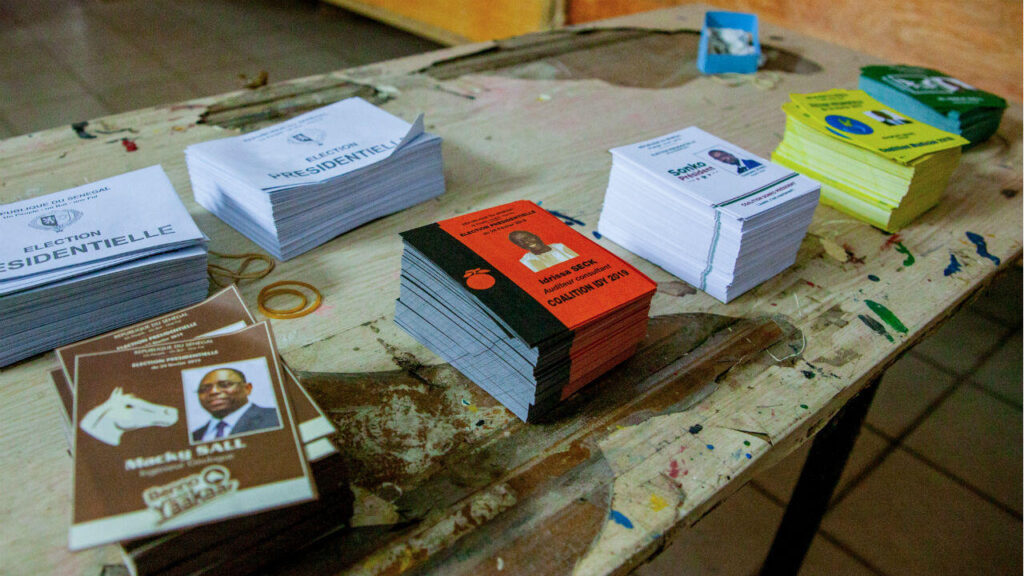
2. Mali
With a population of 23.6 million, Mali is poised for a presidential election expected in February. The country underwent a military coup in 2021, leading to the establishment of a military government committed to transitioning power back to civilian rule. However, repeated delays in scheduling presidential elections have raised eyebrows.
Initially set for February 4 and 18, the polls faced setbacks, attributed to technical issues and a dispute with Idemia, a French company responsible for biometric passports and civil registry databases. In June, voters approved a new constitution, a prerequisite for conducting elections. Nonetheless, concerns linger among the opposition and civil society, fearing the potential entrenchment of military influence through the new constitution.
3. South Africa
Celebrating 30 years of democracy, South Africa, with a population of 60.7 million, is gearing up for parliamentary elections expected between May and August. The 2024 elections could mark a significant turning point, as the African National Congress (ANC), the party of Nelson Mandela, faces the risk of losing a national vote for the first time since the end of apartheid.
The ANC’s vulnerabilities include economic challenges, high unemployment, unfulfilled infrastructure promises, widening inequality, and accusations of corruption. The political landscape is becoming more competitive, signaling a potential shift in the country’s political dynamics.
4. Rwanda
Rwanda, with a population of 14.3 million, is set to hold presidential and parliamentary elections on July 15. Incumbent President Paul Kagame, in power for three decades, seeks to extend his tenure.
The electoral campaign window spans from June 22 to July 12, but Kagame, historically reelected with over 90% of the vote, faces minimal competition. Green Party leader Frank Habineza is the sole known challenger as of now.
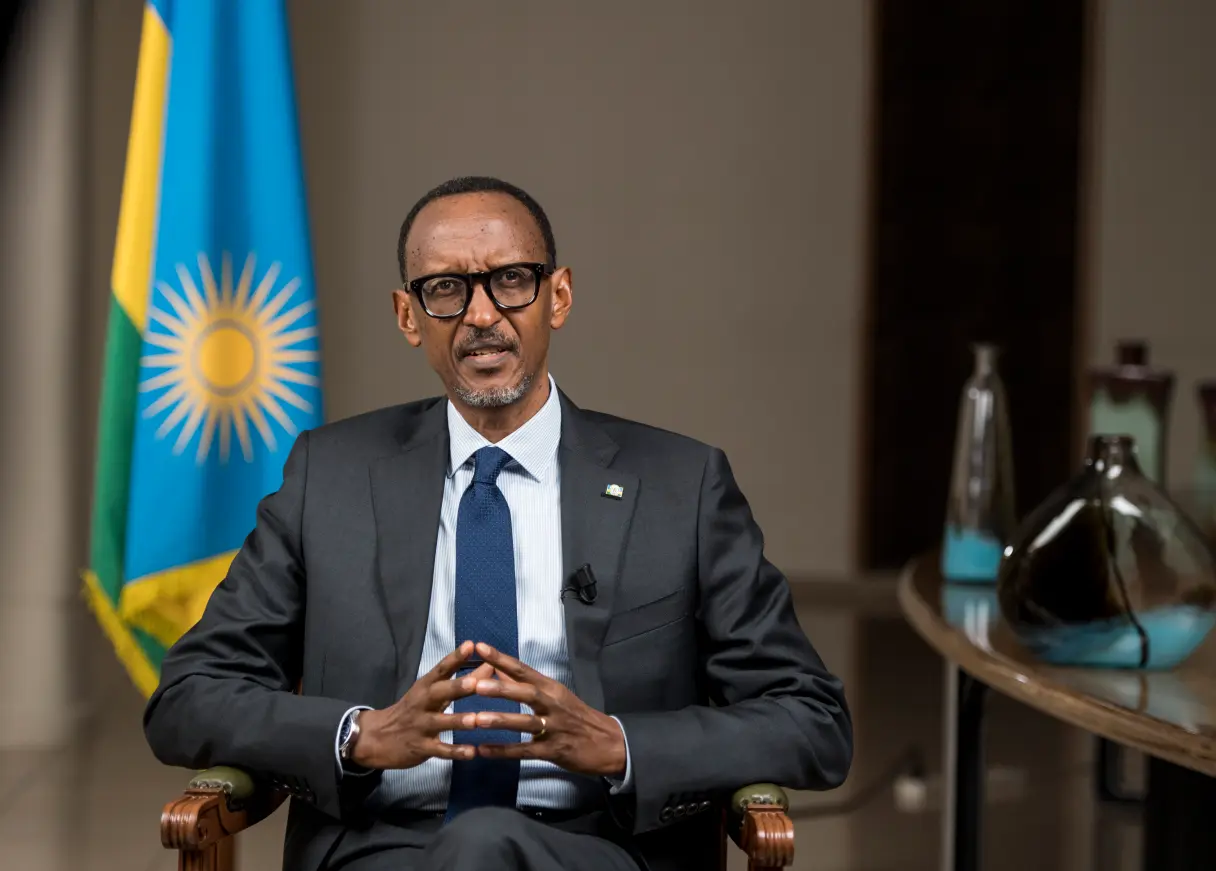
5. Chad
With a population of 18.6 million, Chad is anticipating a presidential election in October. Following a recent constitutional referendum in mid-December, transitional leader Mahamat Idriss Déby Itno appointed Success Masra, a former opposition leader, as prime minister to organize the upcoming elections.
Originally pledging an 18-month transition to elections, Déby’s government extended the timeline to 2024, enabling him to run for president. Opposition groups had called for a boycott of the referendum, citing concerns about the junta’s influence over the process.
6. Tunisia
Tunisia, home to 12.5 million people, is expected to hold presidential elections in October. Incumbent President Kais Saeid, elected in 2021, has increased his powers and is a declared candidate for reelection. Local elections in January, including the selection of a newly created Regional Council, will serve as a test for the opposition, which claims marginalization by the regime.
While Saeid is anticipated to secure victory, a growing economic crisis, marked by inflation and unemployment, poses a significant challenge to his campaign for a potential second term.
7. Ghana
Ghana, with a population of 34.4 million, is gearing up for both presidential and parliamentary elections on December 7.
Incumbent President Nana Akufo-Addo, completing two terms, steps down, and the ruling New Patriotic Party seeks an unprecedented third consecutive stint in power.
Vice-President Mahamudu Bawumia secured the ruling party’s presidential nomination, setting the stage for a face-off with the opposition’s National Democratic Congress candidate, ex-president John Dramani Mahama.
Economic challenges, including a substantial debt load, exacerbate the uncertainty surrounding the elections.
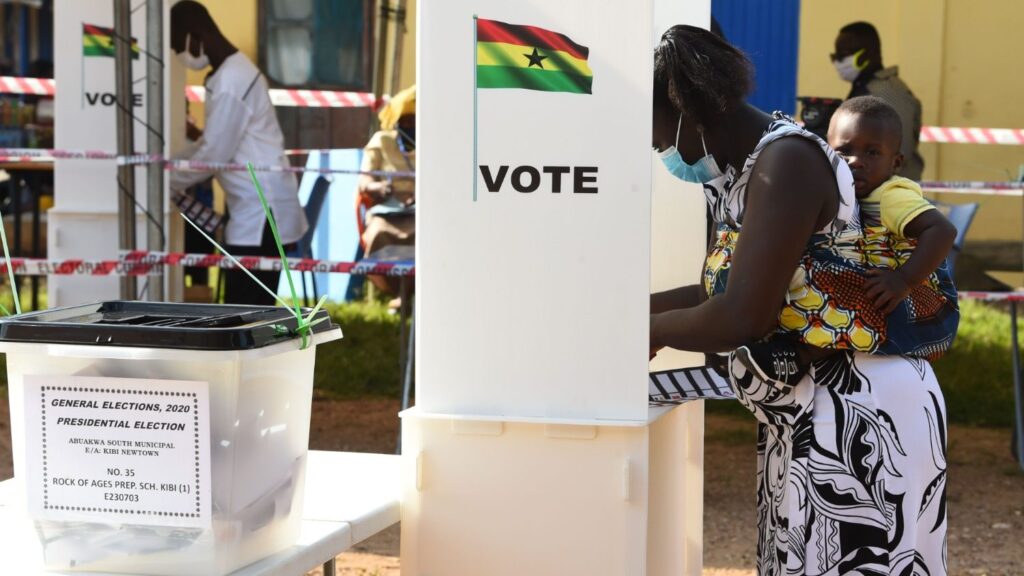
8. Algeria
Algeria, boasting a population of 46 million, is expecting presidential elections in December. Abdelmadjid Tebboune, in power for four years, succeeded Abdelaziz Bouteflika, ousted in April 2019 amid protests against his bid for a fifth term. The 2019 vote, linked to Bouteflika, faced widespread boycotts.
The Hirak movement, instrumental in Bouteflika’s ousting, has waned since the COVID-19 period. Despite this, Algeria exhibits a growth rate of 4.2%, substantial foreign exchange reserves, and impressive non-hydrocarbon exports, challenging the broader African trend.
9. Comoros
With a population of 860,000, Comoros is preparing for a presidential election on January 14.
10. Togo
Anticipating parliamentary elections in early 2024, Togo, with a population of 9.2 million, is poised for a political transition.
11. Mauritania
Mauritania, home to 4.9 million people, is set to hold presidential elections on June 22. The electoral process will play a crucial role in shaping the country’s political landscape.
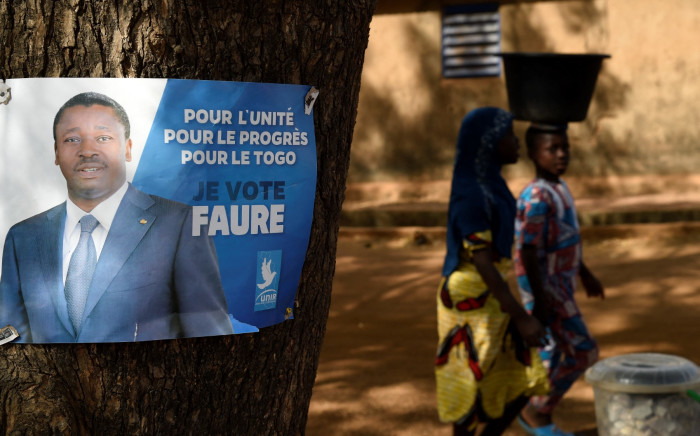
12. Mozambique
Mozambique, with a population of 34.4 million, is scheduled for both the presidential and Assembly of the Republic elections on October 9. The electoral outcome will influence the nation’s governance and policy direction.
13. Botswana
Botswana, with a population of 2.7 million, expects parliamentary elections in October. The political landscape in this stable Southern African nation is poised for potential shifts.
14. South Sudan
South Sudan, home to 11.2 million people, anticipates both presidential and parliamentary elections in December. The elections come amid challenges, including economic turmoil and the broader impact of the global pandemic and the Russia-Ukraine war.
15. Madagascar
Madagascar, with a population of 30.7 million, is preparing for parliamentary elections expected in May. The political dynamics in this Indian Ocean island nation will undergo scrutiny during this electoral process.
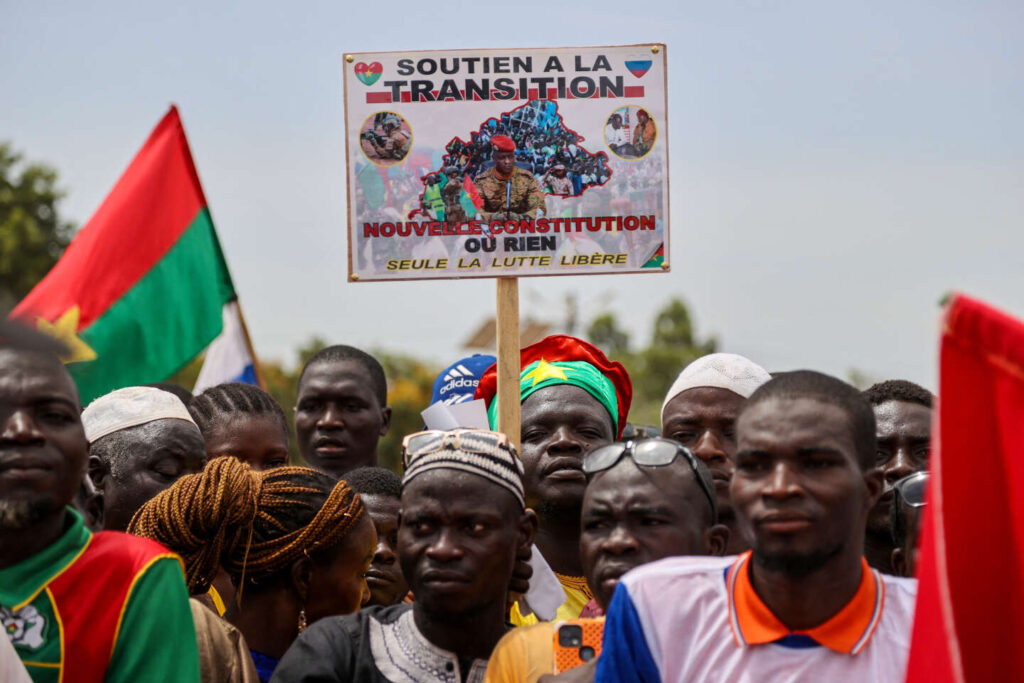
Dates to be Announced:
16. Burkina Faso
With a population of 22 million, Burkina Faso has been under the rule of a junta led by Captain Ibrahim Traore since 2022. The junta promises a return to democracy with presidential elections tentatively set for July 2024. However, increasing jihadist attacks may challenge the timeline, raising uncertainties about the polls.
17. Mauritius
Mauritius, with a population of 1.3 million, is set for parliamentary elections. The political landscape of this Indian Ocean island nation is likely to witness changes through this electoral process.
18. Namibia
Namibia, with a population of 2.6 million, anticipates both presidential and parliamentary elections. The electoral outcome will influence the governance and policies of this Southern African nation.
19. Guinea Bissau
With a population of 2.2 million, Guinea Bissau is gearing up for a presidential election. The political developments in this West African nation will be closely monitored both regionally and internationally.
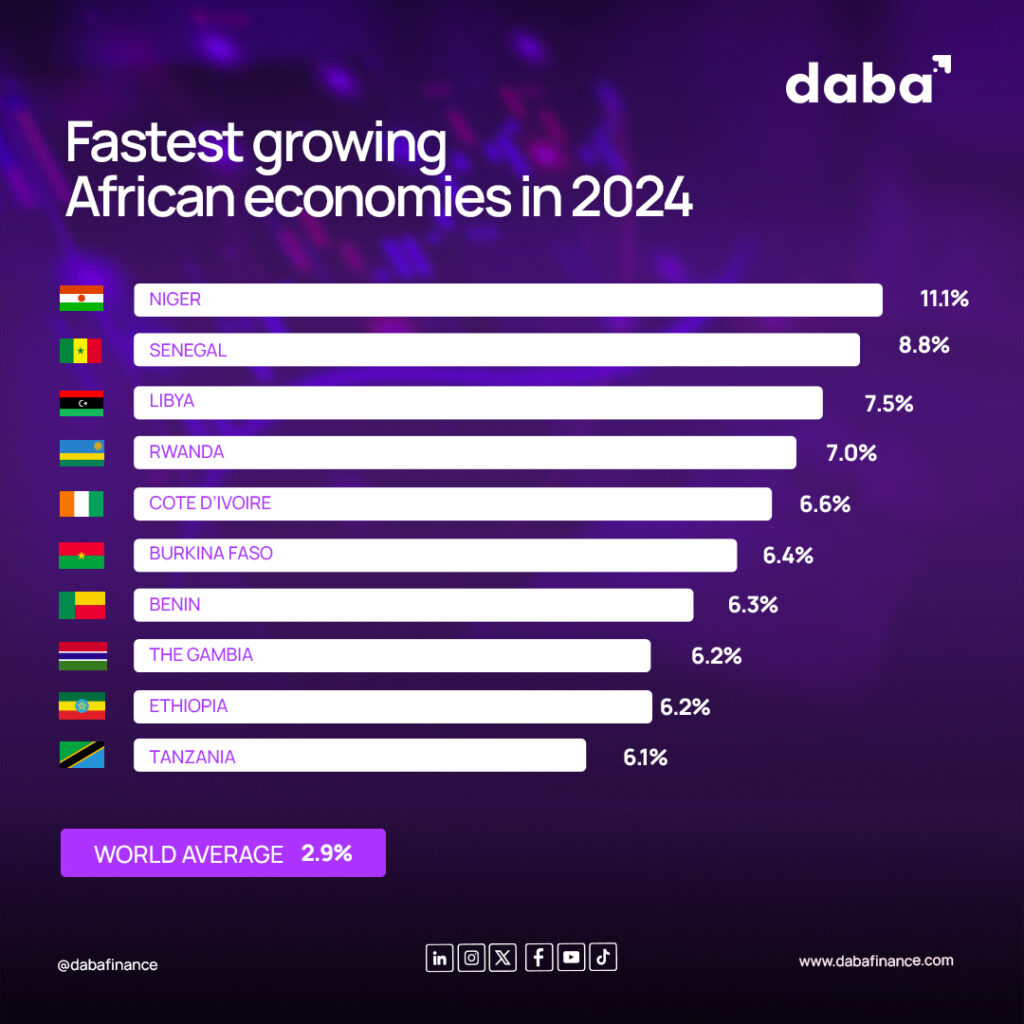
Despite political instability in some of Africa’s regions, the continent will be the second-fastest growing major region in 2024 after Asia according to the Economist Intelligence Unit.
In addition, seven out of the top 10 fastest-growing economies globally this year, as predicted by the IMF, are in Africa.
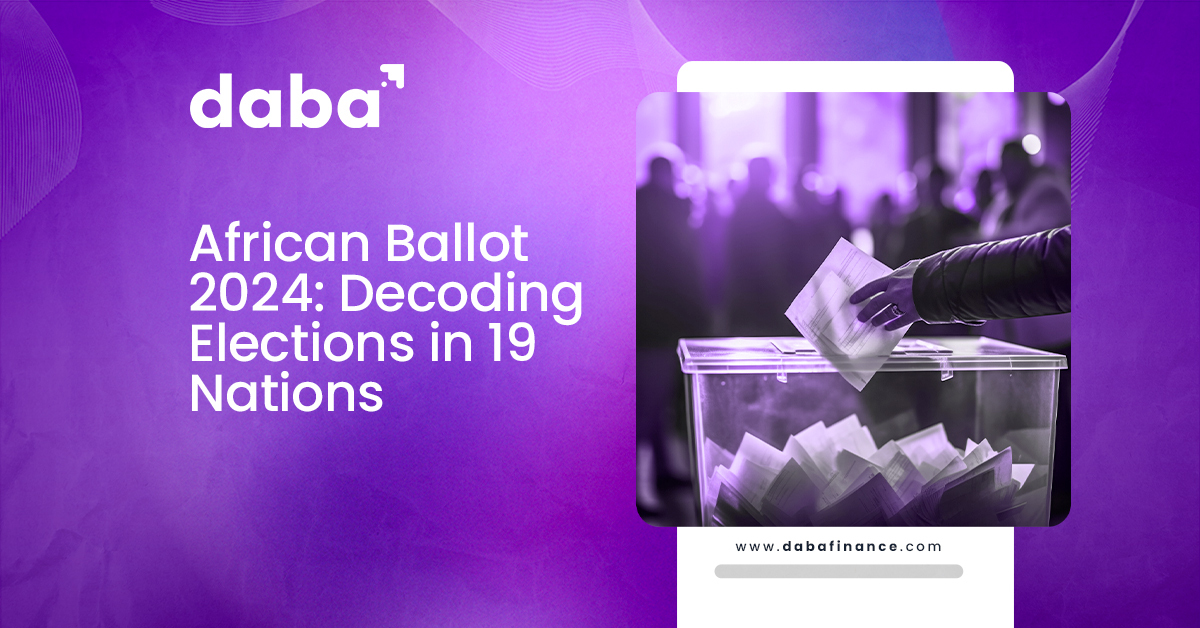
Leave a Reply